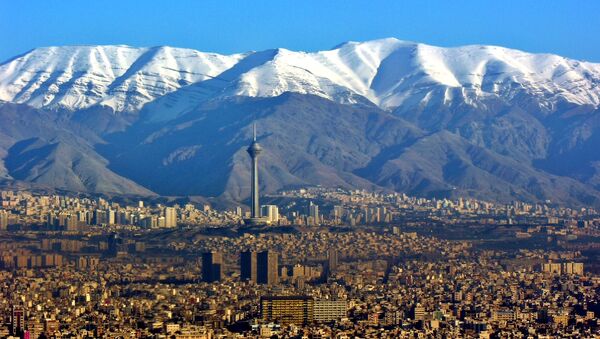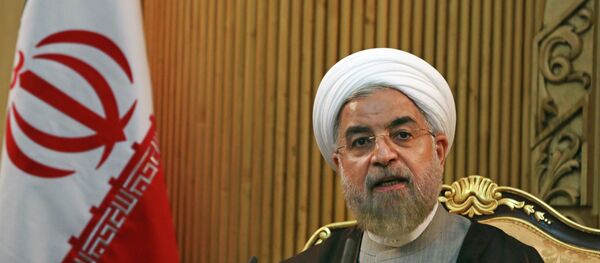However Alexey Fenenko, an associate professor at the Faculty of World Politics of Moscow State University, suggests that the US will continue finding new grounds for pressuring Tehran.
“The US will continue finding new grounds to nag Iran…be it Iran’s missile program, oil or Saudi Arabia,” he told RIA Novosti. “Their task is to keep Iran on the hook.”
He noted, however, that the US has lifted only part of its sanctions.
“There are two types of sanctions in the US,” he explained, “those imposed by presidential decrees and those by congressional instruments.”
Following the Iranian Revolution of 1979, the US imposed a number of sanctions against Iran, expanding them in 1995.
The US president has the right to lift only the sanctions imposed by his decrees and to suspend for one year the sanctions imposed by Congress. The sanctions imposed by Congress could be completely lifted only by a corresponding decision of the Congress.
“As far as I understand, the current Congress won’t be overly tempted to do so, meaning the issue is going to be postponed until the end of the presidential elections,” Fenenko explained.
“They will look at the sanctions based on their traditional ties with Saudi Arabia and the Gulf States oil business as well as their resentment of Iran,” he said.
His words are echoed by Vladimir Sotkinov, International Affairs expert at the Institute of the World Economy and Foreign Relations and the Institute of Oriental Studies at the Russian Academy of Sciences.
“If anything goes wrong, according to the Western countries, they will continue threatening Iran and imposing new sanctions,” he told RIA Novosti.
“The ground might be any missile tests or any accusations of violation of human rights or, furthermore, support of terrorism,” he suggested.






